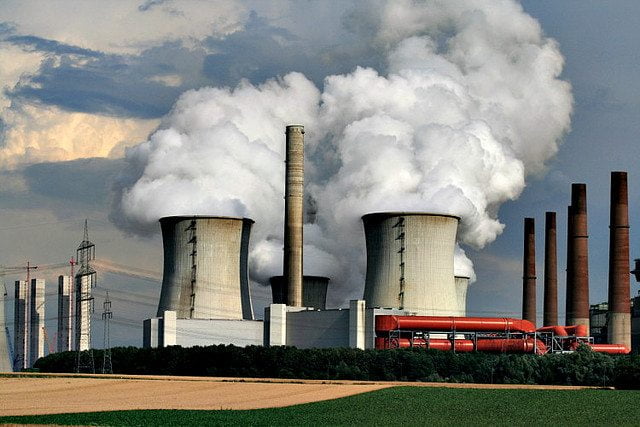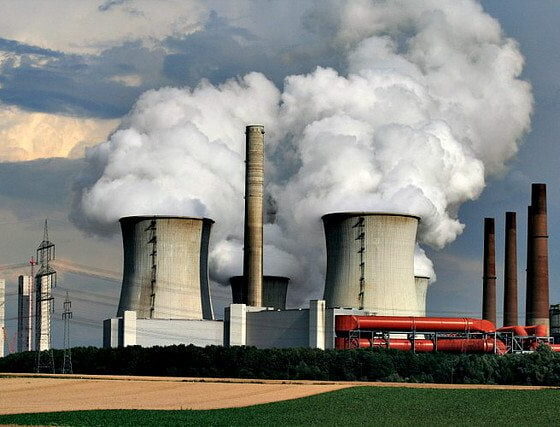

Energy
‘Underestimated’ coal emissions rising 4% per year – study
Despite plans to reduce coal use, experts have warned that emissions from newly built power plants are being underestimated and are rising at a rate of 4% per year, with China and India the largest contributors.
New research, published in the journal Environmental Research Letters, argues that the international community is underestimating the so-called committed emissions because it takes into account emissions from coal and gas sector in the year in which they occur, but this estimate is incomplete.
Instead, the focus should be on the amount of emissions a plant produces over its lifetime. The study has found that an average of 89 gigawatts per year of new coal generating capacity was added between 2010 and 2012 worldwide, more than in any previous period.
The plants built in 2012 will emit approximately 19 billion tonnes of CO2 over an estimated 40-year lifetime period, against the 14 billion tonnes produced by all the existing fossil fuel plants in the world in the same year. Overall, all the existing fossil fuel plants in world will contribute 300 billion tonnes of CO2 over their lifetimes.
China and India are major players, with China representing 42% of committed future emissions and India 8%.
The authors concluded, “Reducing CO2 emissions will ultimately mean retiring CO2-emitting infrastructure more quickly than it is built. However, trends have long pointed the other way: fossil power is expanding globally, and here we have shown that even the already substantial committed emissions of the power sector are increasing.
“By revealing the emissions that are anticipated decades into the future, commitment accounting of CO2 emissions may help to integrate analyses of capital investment, cumulative emissions, and damages from climate warming.”
Coal has been defined by environmentalists, scientists and the UN as the most harmful fossil fuel, because of the great contribution it adds to global warming and its dangerous effects on human health.
The discovery of the effects of coal led to UN climate chief calling for countries to phase it out and replace it with other cleaner power sources or promote “high-efficiency low-emissions coal combustion technologies”.
However, coal is very cheap and efficient in the short-term and many economies still rely on it. Analysis from oil giant BP revealed in July that coal was the fastest growing fossil fuel in 2013.
Photo: jonasclemens via Flickr
Further reading:
Coal the ‘fastest growing fossil fuel’ in 2013, says BP
Coal: spelling an end to a dirty heritage
COP19: coal must ‘change rapidly and dramatically’, says UN climate chief
Japan prefers coal over renewables for post-Fukushima energy mix
Chinese coal pollution ‘responsible for 250,000 deaths’ in 2011


 Environment12 months ago
Environment12 months agoAre Polymer Banknotes: an Eco-Friendly Trend or a Groundswell?

 Features11 months ago
Features11 months agoEco-Friendly Cryptocurrencies: Sustainable Investment Choices

 Features12 months ago
Features12 months agoEco-Friendly Crypto Traders Must Find the Right Exchange

 Energy11 months ago
Energy11 months agoThe Growing Role of Solar Panels in Ireland’s Energy Future






























